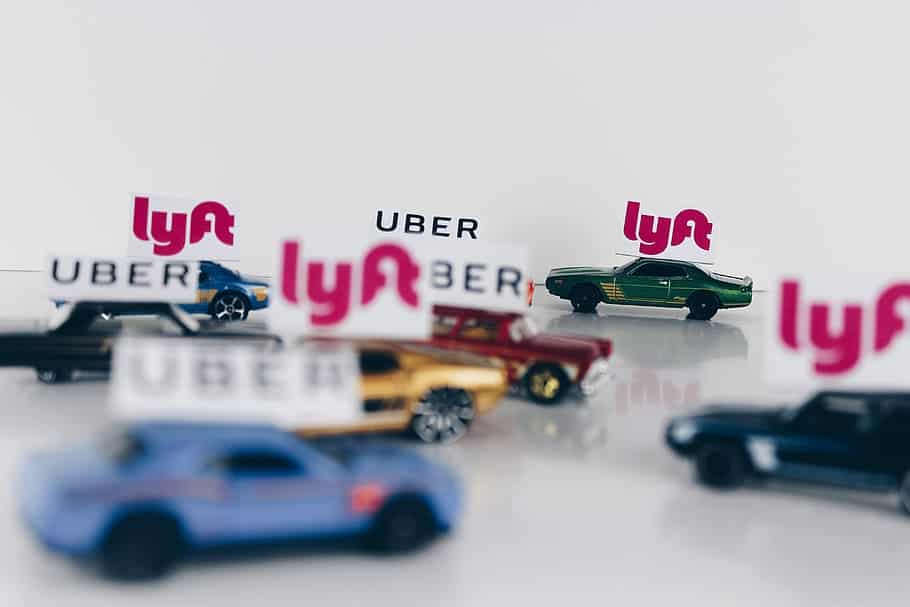
Rund Khayyat is a student at Harvard Law School.
Teachers unions have launched lawsuits across the country to secure remote learning as the pandemic rages on. Nearly all of the suit have failed, however, because courts consider the fight over school reopening to be too “political” for judicial intervention. Left to fend for themselves, teachers unions have resorted to other tactics, including mass walkouts and sick-ins, to delay in-person instruction during the pandemic.
In Iowa, teachers unions are turning to the State Supreme Court after two lower courts denied injunctions that would have blocked Republican Gov. Kim Reynolds’ reopening order. In Florida, a state appeals court overturned an injunction on Republican Gov. Ron DeSantis’ reopening plan after a lower court sided with the Florida Education Association (FEA). The appeals court disagreed with the union’s core argument that the plan violated the state constitution’s guarantee of “safe schools.” The court held that the suit raised a “political question” that should be resolved out of court. Legal battles are ongoing: the FEA, for instance, has filed for a rehearing before the entire Florida First District Court of Appeal.
Even in blue states, teachers unions have found limited success in court. In Boston, teachers lost a judicial bid for remote work, before school officials themselves halted school reopening after cases spiked. A court on Oct. 14 denied the Boston Teachers Union an injunction that would require remote schooling whenever a community’s positive-test rate exceeded 4%. The union had relied on a stipulation in an agreement between the union and local school officials. The court, however, found that the agreement gave local public health officials the discretion to still continue in-person instruction after the city reached a 4% positivity rate.
Beleaguered by losses in the courts, teachers are turning to alternative methods. Educators across several dozen Houston public schools staged a “sick-out” on Thursday to demand greater safety precautions. Similarly, Arkansas teachers opted to stage a one-day walkout aimed at highlighting poorly enforced safety measures. According to the Little Rock Education Association, the teachers who participated faced disciplinary suspensions.
In Idaho, where strikes are prohibited by law, 700 Boise-area teachers called in sick Monday and Tuesday to protest a hybrid learning model. That prompted a lawsuit from parents, represented by the Liberty Justice Center, to prevent further strikes. In response, the American Federation of Teachers stated that it would remain neutral towards mass sick-outs, and emphasized that the tactic signaled that teachers felt like they had no other choice.
In tech news, Uber and Lyft took a huge hit on Thursday after a California appeals court reaffirmed a lower-court ruling that requires them to reclassify drivers as employees. The ride-hailing giants must comply with the judicial reclassification order within 30 days of a formal court ruling, which could still take several weeks. The bombshell decision presents the gravest threat yet to the companies’ business models, and increases their pressure to pass a ballot measure on Nov. 3 that would partially exempt them from the labor law at issue. If the ballot measure fails, the ride-hailing giants have threatened to leave California altogether. The companies, along with DoorDash Inc., Postmates Inc. and Instacart Inc., have raised more than $189 million in support of Proposition 22, which would supersede any court rulings.
Meanwhile, Uber drivers filed a lawsuit on Thursday, claiming that the tech giant unlawfully pressured them to support the ballot initiative. According to the suit, which was filed in San Francisco Superior Court, Uber used a coercive campaign of misinformation to pressure drivers to advocate and vote for the passage of the ballot measure. The drivers say Uber used a “barrage” of pop-ups on the app that misrepresented driver benefits under the ballot measure, including regarding accident insurance, earnings guarantees, scheduling, and anti-discrimination protections. One such pop-up only allows drivers to select “Yes on Prop. 22″ or “OK,” to exit, which pressures drivers to accept Uber’s political stance, the complaint alleges.






Daily News & Commentary
Start your day with our roundup of the latest labor developments. See all
July 4
The DOL scraps a Biden-era proposed rule to end subminimum wages for disabled workers; millions will lose access to Medicaid and SNAP due to new proof of work requirements; and states step up in the noncompete policy space.
July 3
California compromises with unions on housing; 11th Circuit rules against transgender teacher; Harvard removes hundreds from grad student union.
July 2
Block, Nanda, and Nayak argue that the NLRA is under attack, harming democracy; the EEOC files a motion to dismiss a lawsuit brought by former EEOC Commissioner Jocelyn Samuels; and SEIU Local 1000 strikes an agreement with the State of California to delay the state's return-to-office executive order for state workers.
July 1
In today’s news and commentary, the Department of Labor proposes to roll back minimum wage and overtime protections for home care workers, a federal judge dismissed a lawsuit by public defenders over a union’s Gaza statements, and Philadelphia’s largest municipal union is on strike for first time in nearly 40 years. On Monday, the U.S. […]
June 30
Antidiscrimination scholars question McDonnell Douglas, George Washington University Hospital bargained in bad faith, and NY regulators defend LPA dispensary law.
June 29
In today’s news and commentary, Trump v. CASA restricts nationwide injunctions, a preliminary injunction continues to stop DOL from shutting down Job Corps, and the minimum wage is set to rise in multiple cities and states. On Friday, the Supreme Court held in Trump v. CASA that universal injunctions “likely exceed the equitable authority that […]